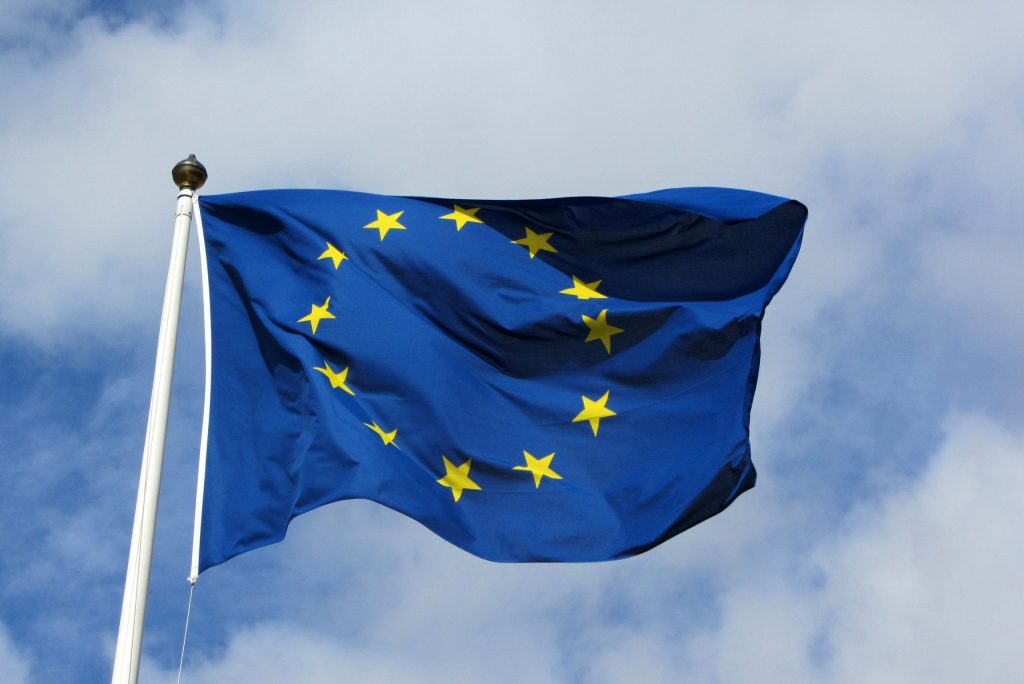The EU Deforestation Regulation (EUDR) will now apply to large and medium-sized firms from 30 December 2025, and to micro and small enterprises from 30 December 2026 — introducing a further transition period to allow the underlying IT system to scale.
New rules reduce reporting requirements for downstream actors (retailers, manufacturers) and micro/small primary operators in low-risk jurisdictions, shifting the bulk of due-diligence responsibility to first-market entrants and importers.
The Commission reaffirms that the EUDR’s core objective — preventing forest-risk commodities from entering the EU market if linked to deforestation or forest degradation — remains intact, signalling that this is a procedural rather than policy retreat.
Brussels moves to safeguard system readiness
The European Commission has unveiled a proposal to recalibrate the implementation of the EUDR, the bloc’s flagship regulation aimed at ensuring that commodities such as cocoa, coffee, beef, palm-oil, rubber and wood entering the EU market are deforestation-free and produced in compliance with local laws. In a statement released on 21 October 2025, the Commission acknowledged that the IT infrastructure developed to handle submissions of due-diligence statements is facing much heavier traffic than initially projected. To avert a system-wide overload and safeguard smooth market access, the proposal introduces targeted simplifications and staggered application dates.
Simplifying obligations in complex supply chains
Under the revisions, operators placing goods on the EU market will still be required to submit due-diligence statements, but downstream manufacturers and traders will be relieved of direct submission obligations. The responsibility for filing will rest with the importer or first-market operator, while downstream actors simply reference that submission.
Further, producers classified as “micro and small primary operators” in countries assessed as low-risk will face an even lighter touch: a one-off declaration rather than ongoing reports. Where national systems already contain the relevant data, even that may be waived.
For investors and C-suite executives engaged in global supply chains, this means compliance burdens will be increasingly concentrated at the upstream point of entry into the EU commerce ecosystem. Firms should review which segment of the chain they occupy — importer, manufacturer, retailer — and recalibrate compliance investment accordingly.
Phased enforcement and implications for trade partners
The proposal confirms that for large and medium-sized companies the regulation remains scheduled to enter into effect on 30 December 2025, but will include a six-month grace period for checks and enforcement. For micro and small enterprises, the full obligations will commence on 30 December 2026.
Trade partners and third-country operators — including those based in major producer nations — will note that while the timeline has shifted slightly, the core obligations remain unchanged. As a statement by the forest-policy NGO World Resources Institute observed: the proposal drops the most extreme liberalisation options (such as wholesale country-exemptions) while preserving the regulation’s fundamental architecture.
From a governance standpoint this signals that the EU remains committed to deploying its regulatory weight on forest-risk commodity flows, even if the practical rollout is now more measured. For financial actors underwriting supply-chain transformation projects, the message is clear: the regulatory horizon remains tight, but a buffer period for system and compliance readiness now exists.
RELATED ARTICLE: EU Commits $4.3 Million to Support Sustainable Aviation Fuels
Strategic take-aways for ESG and investment leaders
For corporate boards and investors the policy shift creates three principal take-aways:
Upstream priority: Compliance toggles firmly toward first-entry market actors. Importers, primary operators and origin-country producers are where reporting risks boil down. Downstream firms should still monitor traceability but may see administrative lightening.
System risk mitigation: The IT system’s capacity—once a compliance footnote—is now structurally relevant. Firms should factor in the transitional grace and build internal readiness accordingly to avoid last-minute scrambles.
Capital allocation clarity: With small operators and downstream segments benefiting from lighter obligations, investment flows might shift upstream — into traceability tech, origin-country data systems and producer-side upgrading. Funders should reassess where capital will deliver the greatest risk-mitigation value.
A global lever for forest integrity
While the reform may be viewed — by some commodity exporters — as a delay, the move actually preserves the overarching ambition of the regulation: aligning EU market rules with global forest-protection goals. With deforestation and forest degradation still among the highest emitters after fossil fuels, the EUDR stands as a significant lever in the interface between trade, climate and nature-governance.
For multinational firms, investors and policymakers across 180 + countries, this development matters because it re-shapes not only compliance pathways but investment flows into production regions, traceability infrastructure and risk-management frameworks. The EU is not stepping back — it is making implementation more pragmatic. Now, the global supply chain needs to catch up.
Follow ESG News on LinkedIn

